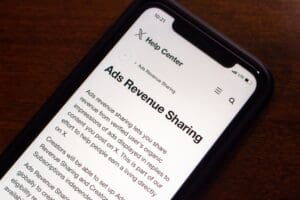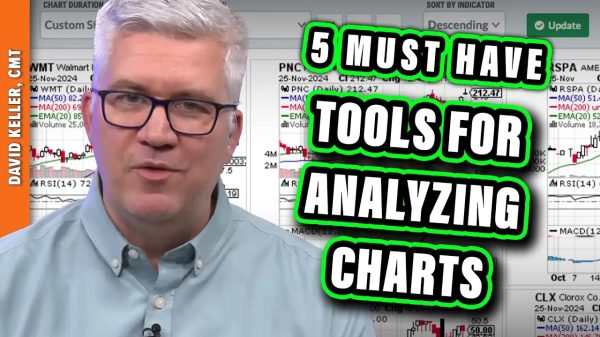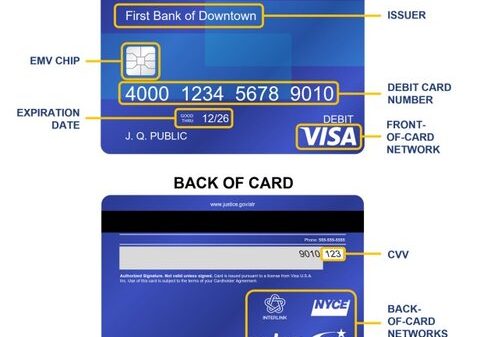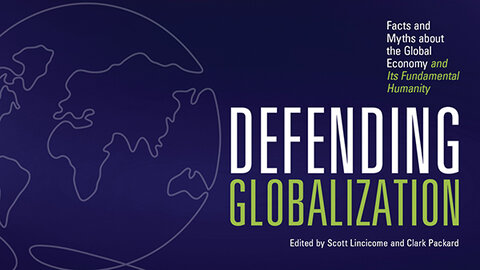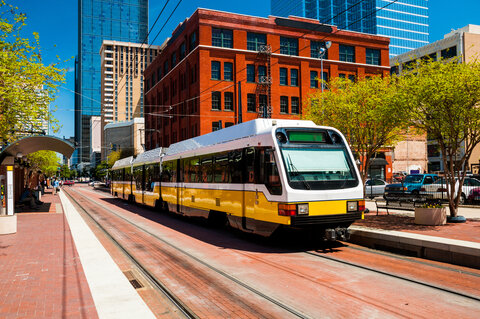The closure of the Port of Baltimore following the catastrophic collapse of the Francis Scott Key Bridge has prompted concerns about significant disruptions to supply chains in the United States.
Transportation Secretary Pete Buttigieg warned of a “major and protracted impact” on supply chains due to the closure, although experts suggest the impact might be targeted to specific regions and industries.
The Francis Scott Key Bridge, a critical artery in Baltimore’s industrial hub, collapsed after being struck by a cargo ship, leading to at least six presumed deaths and a state of emergency declared by Maryland’s governor. The missing individuals were described as hard-working construction crew members from various Latin American countries.
The collapse of the bridge has cut off access to one of the busiest ports in the United States, with immediate consequences such as ships being trapped in the port. The Port of Baltimore, the ninth busiest port in the US and a major hub for vehicle shipments, handles a significant portion of the country’s imports and exports. General Motors (GM) and Ford have announced plans to reroute affected shipments, but the impact on trade and taxes is expected to be significant for every day the port remains inaccessible.
The closure of the port also has implications for the export of coal, as Baltimore is a major port for coal exports, particularly to India for electricity generation. While some coal shipments may be rerouted, logistical challenges may limit the capacity of other ports to absorb the diverted shipments.
The federal government, led by President Joe Biden, has pledged to fund the entire reconstruction of the bridge and provide relief efforts. Treasury Secretary Janet Yellen indicated that a federal supply task force was meeting to assess the closure’s impact, emphasizing the administration’s commitment to swiftly resume port operations.
Beyond the port’s operations, the broader community heavily relies on the bridge for day-to-day activities, with nearly 12 million vehicles crossing it annually. Distribution warehouses owned by companies like Amazon and FedEx are located at the port, raising concerns about potential disruptions to their operations.
Overall, the closure of the Port of Baltimore has raised significant economic concerns for both Baltimore and the state of Maryland, with experts highlighting the incomprehensible economic impact expected from the incident.
Read more:
US braces for supply chain disruption following Baltimore bridge collapse




